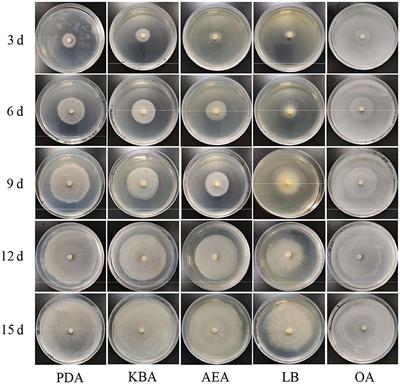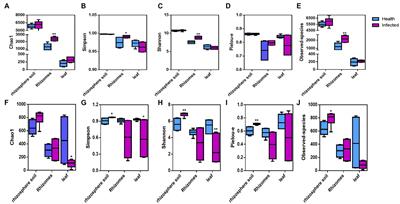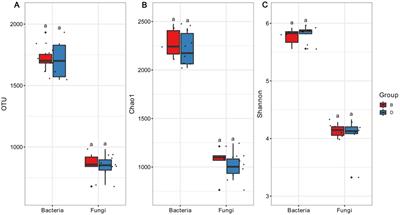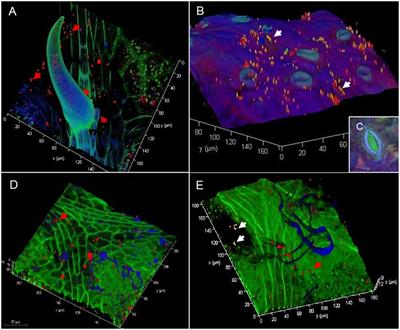ORIGINAL RESEARCH
Published on 08 Jan 2024
Analysis of growth dynamics in five different media and metabolic phenotypic characteristics of Piriformospora indica

doi 10.3389/fmicb.2023.1301743
- 2,001 views
5,772
Total downloads
26k
Total views and downloads
You will be redirected to our submission process.
ORIGINAL RESEARCH
Published on 08 Jan 2024

ORIGINAL RESEARCH
Published on 22 Nov 2023

ORIGINAL RESEARCH
Published on 06 Nov 2023

ORIGINAL RESEARCH
Published on 27 Jul 2023

ORIGINAL RESEARCH
Published on 09 Jun 2023

ORIGINAL RESEARCH
Published on 25 May 2023

ORIGINAL RESEARCH
Published on 12 May 2023

ORIGINAL RESEARCH
Published on 11 Apr 2023

